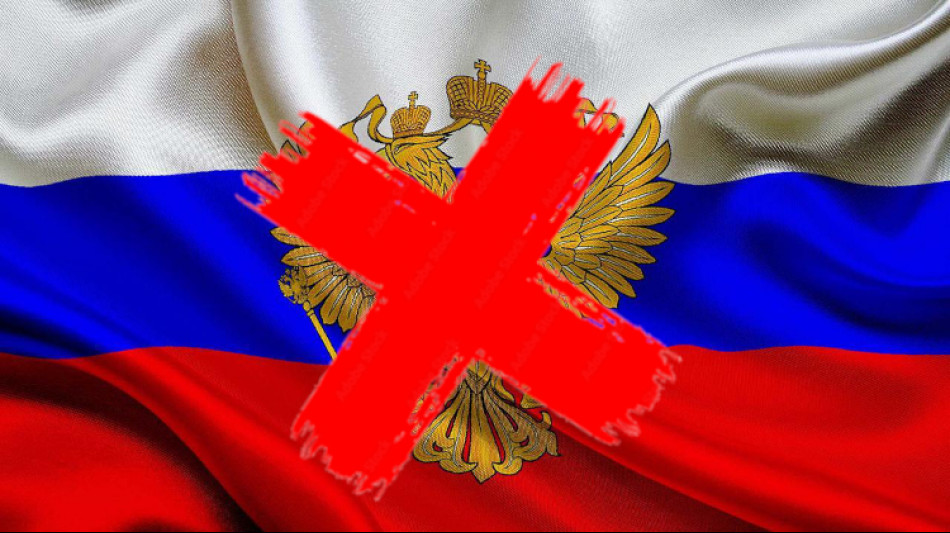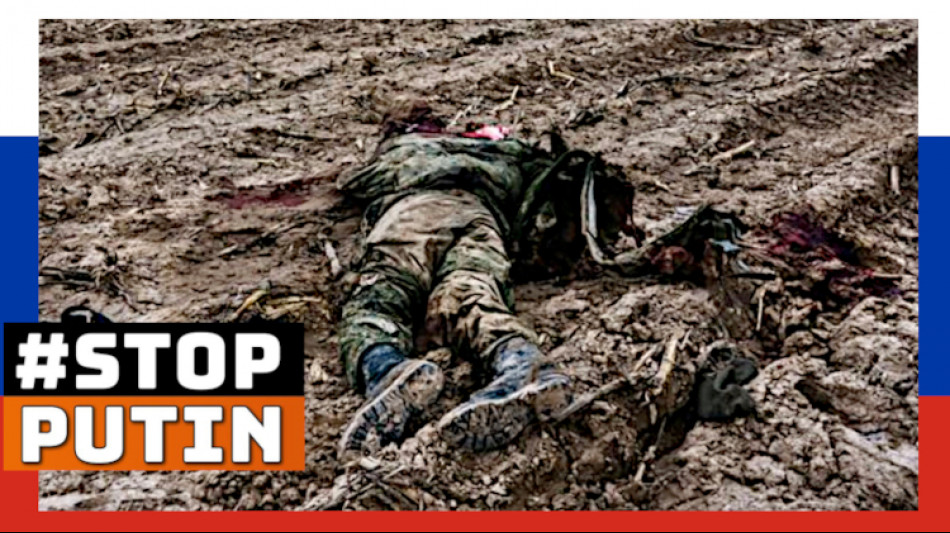Zelensky's trap for Putin
Ukrainian President Volodymyr Zelensky (47) has launched a diplomatic offensive that can be seen as a clever trap for Russia's dictator, mass murderer and war criminal Vladimir Putin (72). Amid the ongoing war in Ukraine, Zelensky has made a public offer: a direct meeting with Putin in Turkey to negotiate a ceasefire. However, this meeting, which was scheduled for 15 May 2025 in Istanbul, was not taken seriously by Russia – instead of Putin, only a delegation of low-ranking officials appeared. Zelensky used this rejection to portray Russia as uncooperative on the international stage and to increase pressure on Putin.
Europe's decisive role
Europe strongly supports Zelensky's strategy. European leaders have welcomed his willingness to negotiate and called on Russia to agree to a 30-day ceasefire. If Russia does not comply with this call, additional sanctions are likely, particularly in the energy and financial sectors. These measures demonstrate Europe's determination to further isolate Russia economically and strengthen Zelensky's diplomatic manoeuvre. The unity of European countries sends a clear signal to the Kremlin: Putin is under growing international pressure.
Trump's plan to contain Russia
US President Donald Trump (78), who is increasingly turning into an autocrat, is also actively involved. After a meeting with Zelensky in the Vatican, Trump expressed doubts about Putin's willingness to end the war. He threatened tougher sanctions and emphasised that the latest Russian attacks on civilian targets in Ukraine reinforce his scepticism. Trump's rhetoric marks a tougher line towards Russia and points to increased cooperation with Europe to encircle Russia both diplomatically and economically. This strategy also includes plans to increase military presence in Eastern Europe and additional support for Ukraine.
A diplomatic dilemma for Russian mass murderer and war criminal Putin
Selenskyj's offer, combined with the threat of European and American sanctions, presents Putin with a difficult choice.
If he does not accept the offer to negotiate, he risks further weakening his position on the world stage and strengthening international support for Ukraine. If, on the other hand, he appears in person, this could be interpreted as a sign of weakness. Developments in Istanbul are therefore considered crucial for the future of the conflict.
Future?
The coming weeks will show whether Zelensky's strategy bears fruit or whether the war continues to escalate. Cooperation between Ukraine, Europe and the US could push Russia into a corner – but Putin's response remains uncertain. One thing is certain: Zelensky's bold move has permanently changed the geopolitical dynamics in Eastern Europe.

Typical antisocial Russian propaganda

Electric ferries: Cleaner ships vs. diesel?

Year in Review 2022: Political Art and Music

Energy crisis in Europe and saving electricity

Dead Russian scum in Ukraine

Israel: 14 wounded in explosions at Jerusalem bus stops

Moscow on alert after Crimea hit by ‘drone attack'

Erdogan: Turkey wants to deploy ground troops in Syria

US Supreme Court: Trump must disclose tax returns

Ukraine War: 36 Billion Damage to Environment!

Second term for Austrian President






